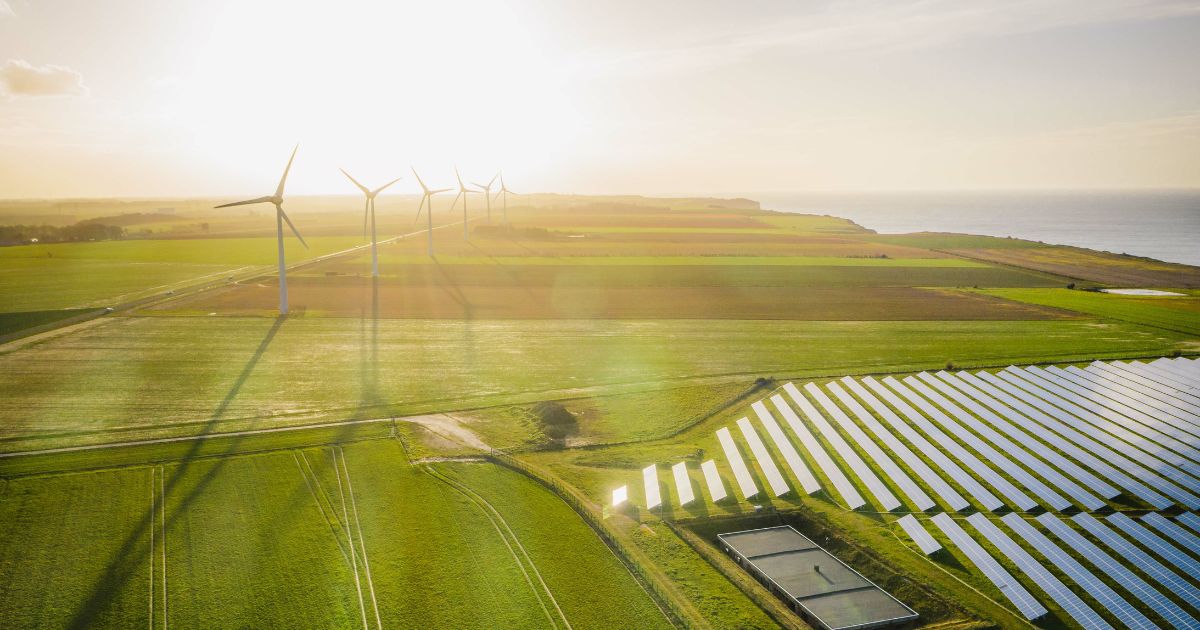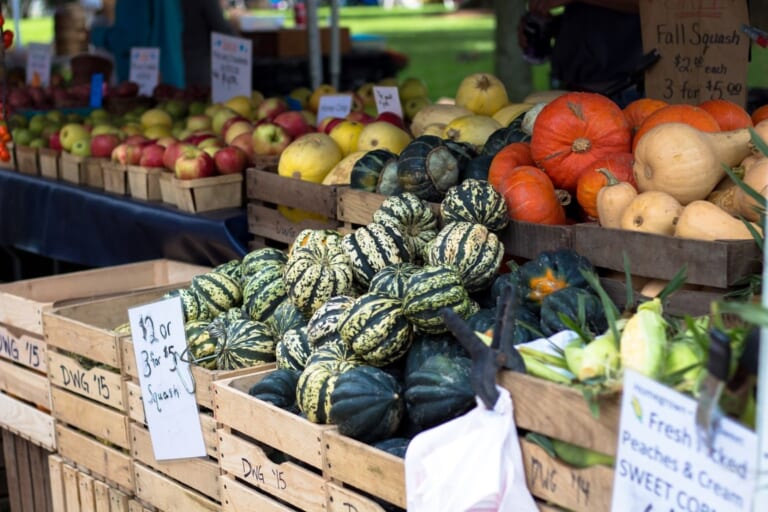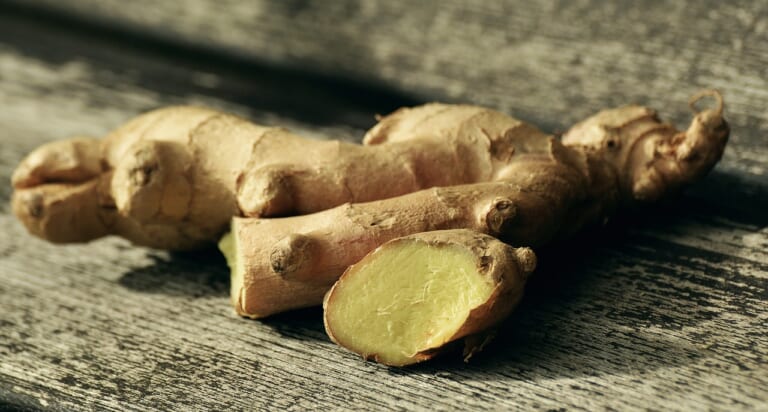How To Practice Sustainability on Your Farm
Farming is an ancient craft rooted in the cycles of nature and the bounties of the earth. Modern farms, however, operate within a global context of climate change and resource scarcity. Sustainability isn’t just a buzzword; it’s a creed that farmers around the world are adopting to ensure their farms can flourish well into the future. Here’s how you as farmers, seeking to ecologically harmonize your work, can practice sustainability on your farms.
Implement Precision Agriculture Techniques
Implementing precision agriculture techniques is a crucial step toward practicing sustainability on your farm. Farmers can significantly reduce waste, increase crop yields, and minimize environmental impact by using technology to monitor fields and manage resources more efficiently.
Precision agriculture facilitates the smart application of water, fertilizers, and pesticides. This facilitation ensures farmers use these resources optimally to promote healthy crop growth while preserving the soil and surrounding ecosystems’ health. This approach also supports the long-term viability of farming lands and aligns with the broader goals of environmental stewardship and sustainability.
Promote Soil Health Through Conservation Practices
The soil beneath our feet is a living, breathing tapestry critical to our planet’s health. Sustainable farming revolves around soil conservation. Techniques like cover cropping, no-till farming, and crop rotation safeguard soil from erosion and degradation while fostering diversity.
Healthy soil sequesters carbon, filters water, and provides a fertile bed for our crops. Farmers can protect one of our most critical resources and create more resilient land that’s better equipped to withstand the stresses of a changing climate by adopting these practices.
Enhance Water Conservation and Management
You should always include water usage when you’re considering upgrading your farm machinery. Water is life, and on the farm, it’s a precious commodity. Upgrading to water-efficient irrigation systems such as drip or sprinkler systems and incorporating rainwater harvesting techniques can significantly reduce water waste. Implementing smart water monitoring systems can help you detect leaks and optimize water usage. It’s not just about using less water but using it more intelligently to ensure the continuation of your farm and the ecosystems that rely on it.
Adopt Renewable Energy Sources
The sun, wind, and biofuels will power the farms of the future. Renewable energy is not just a means to reduce greenhouse gas emissions; it’s an opportunity to gain energy independence and hedge against fluctuating energy prices. Installing solar panels, windmills, and bioenergy digesters can supply your farm with clean, reliable energy. Not every farm has access to the same renewable resources, but every effort brings you closer to a more sustainable, resilient operation.
Farming for the future is about more than producing food; how to practice sustainability on your farm is an ethos that ensures we leave the land better than we found it. As stewards of the earth, farmers have the power to drive significant change by integrating sustainable practices into their operations. Each step taken brings us closer to a greener, more abundant future.







